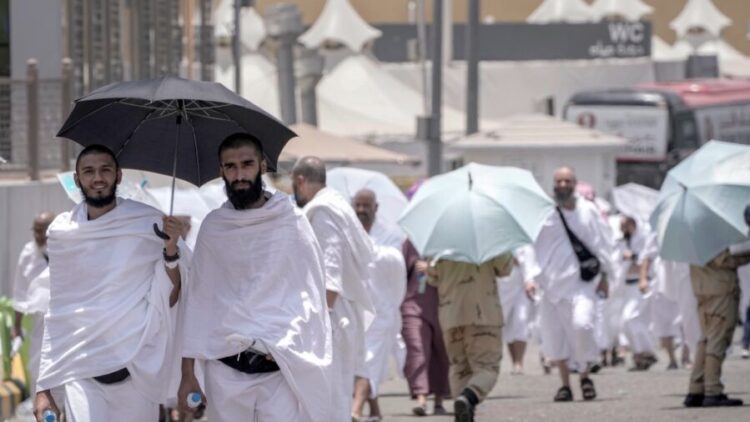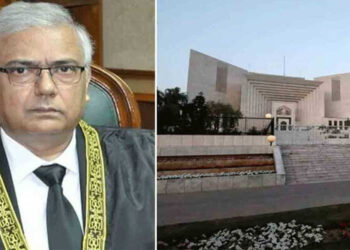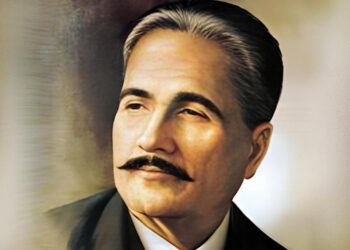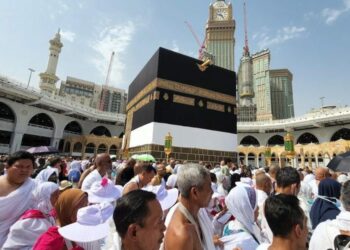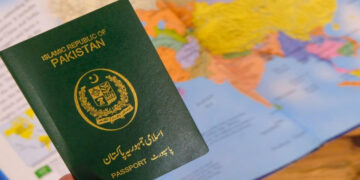![]() Follow Us on Google News
Follow Us on Google News
On Tuesday, the federal cabinet approved the Hajj Policy 2025. Under this policy, the Hajj package for next year will cost between Rs. 1,065,000 and Rs. 1,075,000, depending on the departure city.
The Rs. 10,000 difference in the package price is due to varying airfares from different cities in Pakistan. Those traveling from Karachi will pay Rs. 1,065,000, while those flying from Islamabad will pay Rs. 1,075,000.
The package includes accommodation, three daily meals, and transport between the airport and the hotel. Additionally, transport is provided from the hotel to the Haram Sharif in Makkah if the hotel is not within walking distance, as well as transport between Makkah and Madinah. Transport will also be provided from the hotel to the Masjid Nabawi in Madinah if the hotel is far from the mosque.
Other transportation services include transfers between hotels and the sacred sites of Mina, Arafat, and Muzdalifah. The package also covers accommodation in air-conditioned tents with mattresses and pillows at both Arafat and Mina, along with food and medical facilities during the stay in these areas. However, the cost of the sacrificial animal is not included in the package.
The Hajj journey under the government scheme lasts 40 to 45 days, with around 10 days in Madina and the rest in Makkah.
Under the new Hajj Policy, children under the age of 12 will not be allowed to participate this year.
A computerized balloting system will be conducted for the government quota, with 1,000 seats reserved for hardship cases and 300 seats for workers or low-income employees who are registered with the Workers Welfare Fund or the Employees Old-Age Benefits Institution.
The ‘Road to Makkah’ facility will be available at Islamabad and Karachi airports. Hajj group organizers will sign service agreements with the Ministry of Religious Affairs, which will closely monitor service delivery.
The cabinet was also informed about the introduction of a new position, “Nazim,” whose role will be to oversee better services for pilgrims. One Nazim will be appointed for every 100 pilgrims, and they will be selected from the welfare staff.
Additionally, compensation for deceased and injured pilgrims has been increased. Families of deceased pilgrims will receive between one to two million rupees, while injured pilgrims will receive one million rupees.
A special Hajj management application has been developed for the convenience of pilgrims, and special arrangements have been made for their training.
The cabinet directed that priority in the Hajj balloting process be given to individuals performing Hajj for the first time, and emphasized the need for comprehensive measures to ensure the best possible facilities for pilgrims.







